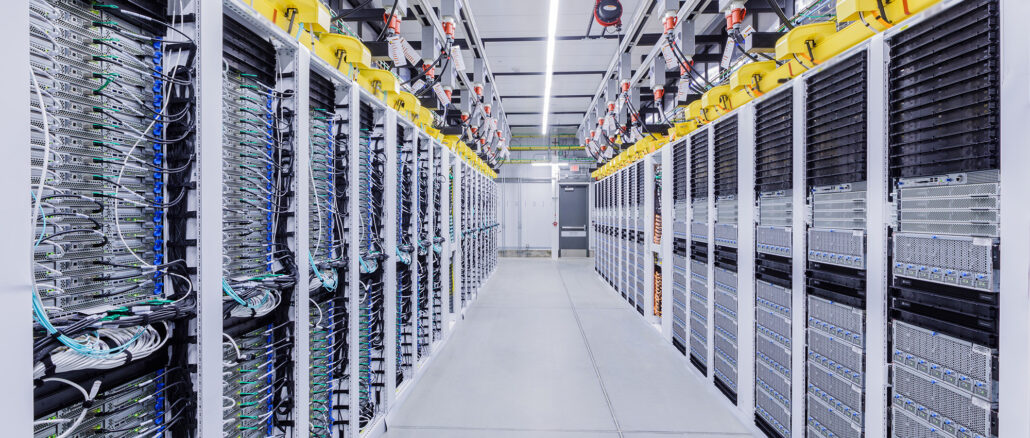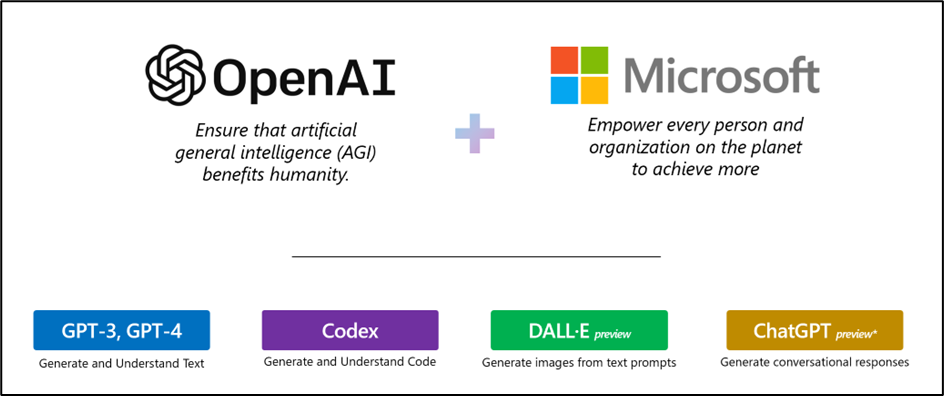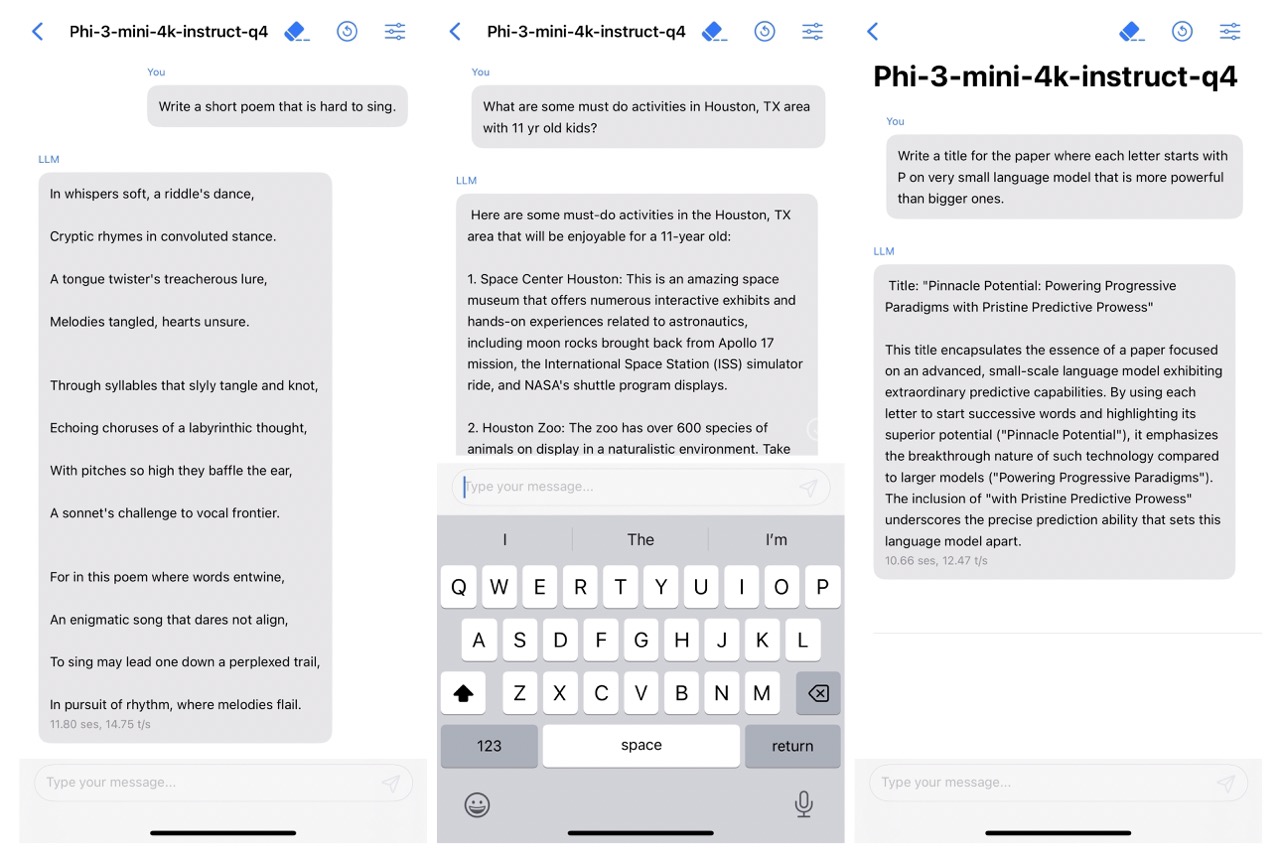AI Summary
Microsoft is developing a new AI language model called MAI-1, with Mustafa Suleyman leading the project as CEO of Microsoft AI. The model is expected to be significantly larger than previous models, with approximately 500 billion parameters, and may incorporate training data from Suleyman's former startup Inflection. A preview of the model could be unveiled at the upcoming Build developer conference, positioning Microsoft as a serious contender in the rapidly evolving AI landscape against industry giants like Google and OpenAI.
In a bold move to compete with industry giants like Google and OpenAI, Microsoft is reportedly developing a new, in-house AI language model called MAI-1. According to a report by
The Information, this ambitious project is being led by Mustafa Suleyman, the co-founder of Google DeepMind and former CEO of AI startup Inflection, who recently joined Microsoft. See below X/Twitter post:
Microsoft's
hiring of Mustafa Suleyman in March as the head of its newly formed consumer AI unit, along with several employees from his former startup Inflection, has raised questions about the origins of MAI-1. While the model is not a direct carryover from Inflection, it may incorporate some of the startup's training data.
MAI-1: A Game-Changer in the Making
While the exact purpose of MAI-1 has not been finalized, its performance will likely dictate its future applications. Sources suggest that Microsoft could unveil a preview of the new model as early as the upcoming Build developer conference later this month. The model is expected to be significantly larger than Microsoft's previous open-source models, which indicates a higher cost of development and operation.
Under the Hood: MAI-1's Infrastructure
To support the development of MAI-1, Microsoft has been allocating large clusters of servers equipped with Nvidia's graphic processing units (GPUs) and vast amounts of data to enhance the model's performance. The Information reports that MAI-1 will have approximately 500 billion parameters, placing it between OpenAI's GPT-4 (estimated at one trillion parameters) and Phi-3 mini (3.8 billion parameters).
Microsoft's AI Journey
The tech giant has been making significant strides in the AI space, investing billions of dollars in OpenAI and integrating the ChatGPT maker's technology across its productivity software suite. This strategic partnership has allowed Microsoft to gain an early advantage in the generative AI race.
In April, the company launched a
smaller AI model called Phi-3-mini, aimed at attracting a wider client base with cost-effective options. This Microsoft small language model, phi-3-mini, is a 3.8 billion parameter model trained on a whopping 3.3 trillion tokens. Despite its small size, it’s performance is on par with models such as Mixtral 8x7B and ChatGPT (GPT-3.5). The model achieves 69% on MMLU and 8.38 on MT-bench, and is small enough to be deployed on a phone. The quantized model was tested by deploying phi-3-mini on iPhone 14 with A16 Bionic chip running natively on-device and fully offline achieving more than 12 tokens per second. Very impressive performance on iPhone!
Microsoft AI Organization
Suleyman, who will assume the role of Executive Vice President and CEO of the newly formed Microsoft AI organization, brings with him an impressive track record as a visionary, product maker, and builder of pioneering teams.
Alongside Suleyman, Karén Simonyan, a co-founder and Chief Scientist of Inflection, will also be joining Microsoft AI as Chief Scientist. Simonyan is a renowned AI researcher and thought leader, credited with leading the development of groundbreaking AI breakthroughs such as AlphaZero.
The move also sees several members of the Inflection team joining Suleyman and Simonyan at Microsoft, bringing with them a wealth of knowledge and experience in advancing AI over the past five years. This infusion of talent is expected to significantly contribute to Microsoft's consumer AI research and product development.
As part of this transition, Mikhail Parakhin's entire team, including Copilot, Bing, and Edge, and Misha Bilenko's GenAI team will move under Suleyman's leadership. Kevin Scott will continue as CTO and EVP of AI, responsible for the overall AI strategy, including system architecture decisions, partnerships, and cross-company orchestration. Rajesh Jha will remain as EVP of Experiences & Devices, focusing on building out Copilot for Microsoft 365 in close partnership with Suleyman and his team.
The Future of AI Competition
As Microsoft prepares to enter the AI race with MAI-1, the competition among tech giants is heating up. Google, with its vast resources and expertise in AI, and OpenAI, with its groundbreaking models like GPT-4, are formidable rivals. However, Microsoft's strategic investments, partnerships, and talent acquisitions position the company as a serious contender in the rapidly evolving AI landscape.
The development of MAI-1 marks an exciting new chapter in Microsoft's AI journey, and its potential impact on the industry is eagerly anticipated. As the company continues to innovate and push the boundaries of AI technology, it remains to be seen how this new language model will shape the future of AI applications and competition.
Recent Posts


